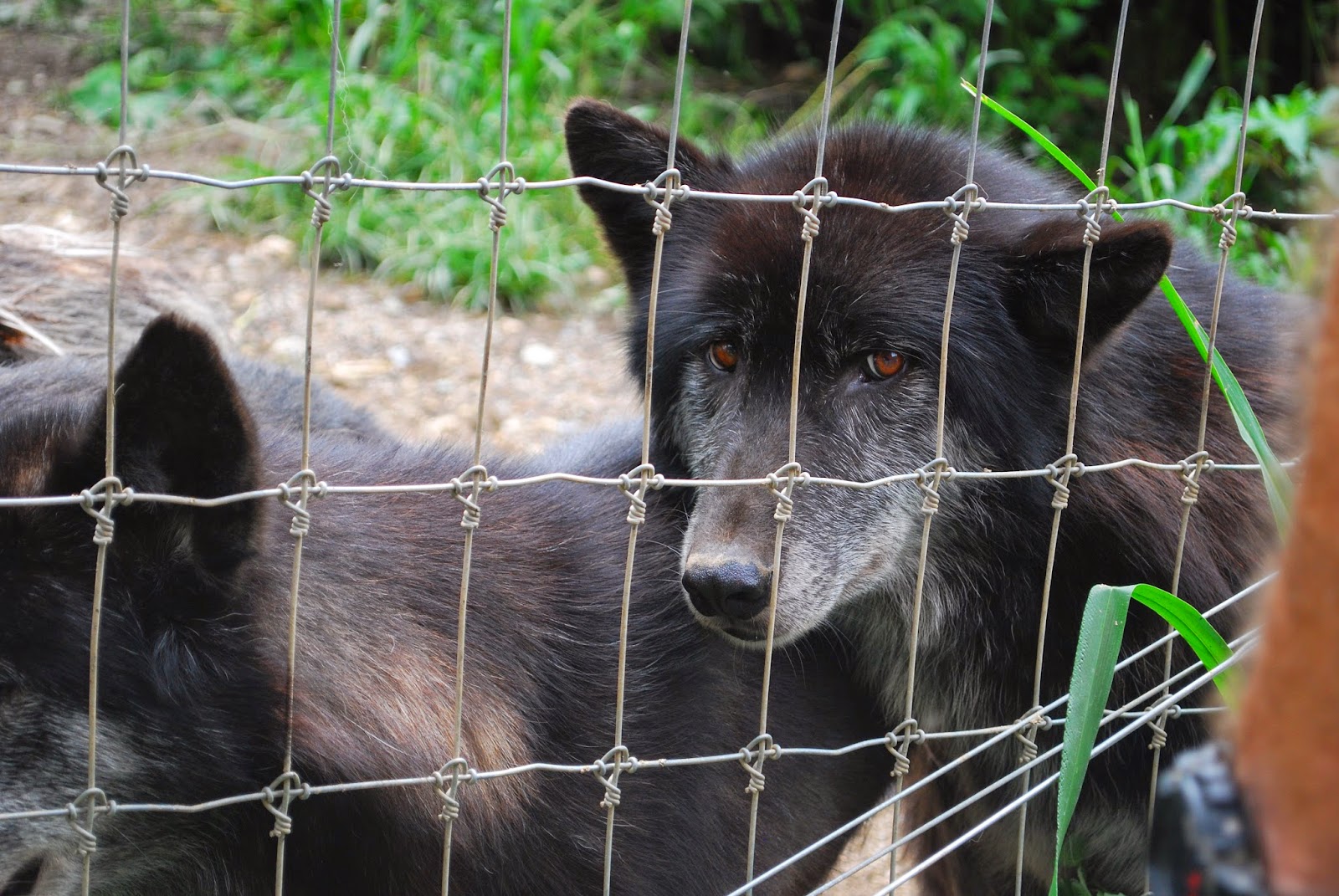A
friend of mine, Kerry, read my post of the Hopkins poem from the other day, “Spring and Fall” and
questioned my comment on accents in English.
This led me to contemplation, a little research, and enough of new
thoughts to create a second post. First
let me present our email exchange and then I’ll have to modify my comment on
accenting.
Kerry:
So just read your latest piece. Interesting thought on the accent. You mention preferring to let the language
run naturally, but what is naturally? As
I watch more and more British television, I notice that the syllables stressed
in English English is different than American English and even Scottish English
and Irish English. So natural for whom?
Manny:
Hmm
good question. I'm not aware of stress
differences. I thought the differences
between American and English English are vowel sounds. I'll have to look into that.
Kerry:
The
one standing out in my mind right now is garage.
Manny:
Holy
smoke, you're right. There are stress
differences between the two. Check here:
Kerry:
I
knew it! See... all that BBC America
watching is paying off. Plus my
"Mock the week" viewing on YouTube.
I do not know how to write out the accent though. Just that when we say garage it is more of
"ga rage" versus British "gar age"
Manny:
Apparently
the British tend to accent the first syllable while we accent the second on
most two letter words that have a French origin. So they must say GAHrage while we say gaRAGE. The accent does effect the vowel
pronunciation.
I
was surprise to find that on certain type of words, the pronunciation
differences between British English and American English is not only vowel sounds,
but actual syllabic stress differences. I
was so surprised that I went back to my graduate class text book (I never throw
textbooks out) on the evolution of the English language to see what it said
about this. I have The Origins and Development of the English Language, Third Edition
by Thomas Pyles and John Algeo published back in 1982. I wonder when I took the class. Must have been some time in the 1990s. You can find later editions on Amazon. Now to vindicate my original thought, Pyles
and Algeo have a whole chapter on British and American language differences and
while they do go through vowel pronunciation differences, they never mention differences
due to syllabic stress. Apparently they
didn’t think this a significant issue.
Granted
the stress differences seem to be mostly on French loan words. What’s interesting (and counter intuitive to
me) is that the American stresses follow the French stress pattern of second
syllable stress, while it’s the British that have altered the French pattern by
pulling the stress to the first syllable.
Two reasons why that might be, and this is speculation on my part. But first some context. Pyles and Algeo do go through the history of
French words entering English, and it has an interesting history. French words entered English in periodic waves. Prior to 1066, no French words had entered
the language, but with the subsequent Norman Conquest a large number of French
words not only came in but became prominent, since French became the language
of the aristocracy. French loan words that
entered into the language during the middle ages over time became synthesized
into English. That should not be a
surprise given the Great Vowel Shift that dramatically altered English
pronunciation during the fifteenth and sixteenth centuries. It is noteworthy that those French loan words
are accented similarly between Americans and British.
The
differences in syllabic stress seem to be in words that came into English
during the seventeenth centuries and later.
This shouldn’t be a surprise.
British Americans had settled the colonies by then and their language
was evolving. Actually, to be more
precise, both the English language of
the old country and the English language of the colonies were evolving, and to
some degree evolving separately. The
British speech of the eighteenth century, say that of Samuel Johnson, is
markedly different than that of the sixteenth century, say of William Shakespeare. Pyles and Algeo make the claim, and I’ve seen
the claim elsewhere, that American English is actually closer to Shakespeare’s
English than today’s British English.
My
two speculations as to why Americans stress these later French loan words as
the French while the British changed the stress are as follows. (1) First these words probably came into the
language through England, and the Americans probably first came in contact with
these new loan words through print. Since
there was no audio to spread pronunciation, the Americans observing the
etymology assumed French-esk pronunciation.
(2) The colonies had more direct contact with French than the British in
the seventeenth and eighteenth centuries.
What is today our Midwest was part of the Louisiana Purchase, a French colony
which the US bought from Napoleon in 1803.
In addition, our northern states had a large French settlement, a remnant
of the French and Indian War (1754-63), as Quebec does today in Canada. Given this closer contact with French
speakers, it perhaps should not be a surprise that American English follows the French stressing of these late French loan words.
So
how does this change how to look at the Hopkins poem. Since it’s short enough, let me post it
again.
Spring
and Fall
by Gerard Manley
Hopkins
to
a young child
Márgarét, áre you
gríeving
Over Goldengrove
unleaving?
Leáves, like the things
of man, you
With your fresh
thoughts care for, can you?
Ah! ás the heart grows
older
It will come to such
sights colder
By and by, nor spare a
sigh
Though worlds of
wanwood leafmeal lie;
And yet you will weep
and know why.
Now no matter, child,
the name:
Sórrow’s spríngs áre
the same.
Nor mouth had, no nor
mind, expressed
What heart heard of,
ghost guessed:
It ís the blight man was
born for,
It is Margaret you
mourn for.
In
the previous post I said Hopkins’ accents would not have altered my
pronunciation of any of the words. My
friend Kerry questioned whether my pronunciation would be consistent for all
English speakers, especially British speakers.
Hopkins obviously would have been a British speaker, so possibly he
might have pronounced those words differently without the accents and then felt
the need to add them.
Hopkins
accents nine syllables over eight words in the poem. Let’s look at each of them.
He
accents Margaret on the first and third syllables, “Márgarét.” Here is possibly the one word where Hopkins accenting
makes a difference to the poem. The name
happens to be a French loan word, but it’s an old French dating back to circa 1300. Dictionary offers two pronunciation alternates,
mahr-guh-rit, or mahr-grit and the Collins dictionary
offers a British alternative, mɑːɡrət. By Hopkins accenting the first and third
syllables, he is making clear he wants all three syllables pronounced, wants
the first syllable to be accented as one would, but by accenting the last
syllable wants the “ret” sound rather than a weakened “rit” sound. As I mentioned in Part 1, the “ret” sound
rhymes nicely with the “and yet” of the ninth line.
Hopkins
accents “are” in the first line. The reason
I think he accents this little word is to force the reader articulate the line,
“ARE you grieving” instead of “are YOU grieving.” Does it matter? The only result that I see is a different
pacing to word flow. And what difference
does that make?
Hopkins
accents the first syllable of grieving in that first line, “gríeving.” Does it matter? How else would you pronounce this? Again I don’t see why it should.
Hopkins
accents the first syllable of “leaves” in the third line, “Leáves.” I have no idea why he does. How else would you pronounce this?
Hopkins
accents “as” in the fifth line. The only
reason I can see for doing so is to prevent the reader from pronouncing “as the
heart” as an anapest, two unstressed syllables followed by a stress (uu/). He wants the iambic (/u/) meter in that line. Does it matter? Given he doesn’t hold constant meter anyway,
I don’t see why it would.
Hopkins
accents the first syllable of sorrow’s in the eleventh line, “Sórrow’s.” Sorrow is an Old English word and both
alternative pronunciation already accent that first syllable, sor-oh, sawr-oh. Again, I don’t see
why the accent would be needed.
Hopkins
accents springs in the eleventh line.
Again, I’m at a loss as to what difference it makes. It’s a strong one syllable word that under
all conditions would be pronounced with an accent.
Hopkins
accents “are” again in the eleventh line.
Here again he’s trying to prevent an anapest meter, “are the SAME” (uu/)
and forcing a cretic meter, “ARE the SAME (/u/). Does it matter?
After
all this analysis, my original position still holds. Other than the accenting on Márgarét, Hopkins
could have done away with the accenting.
They don’t add anything to the poem.
Here,
it’s a joy to listen to the poem well read.





















